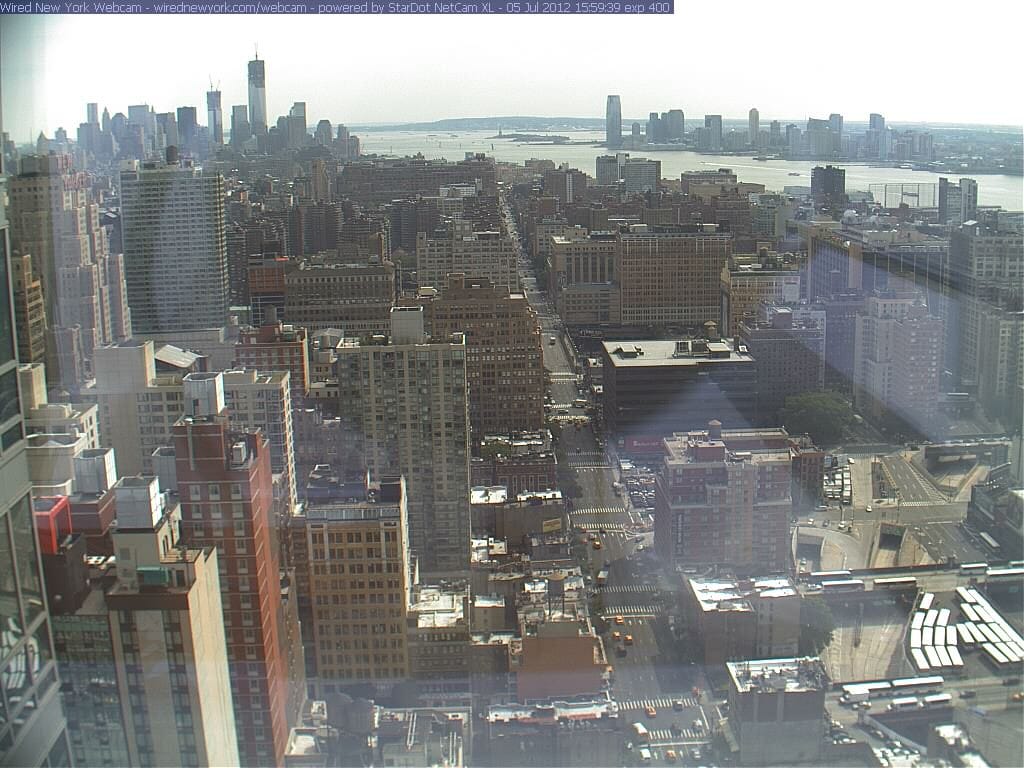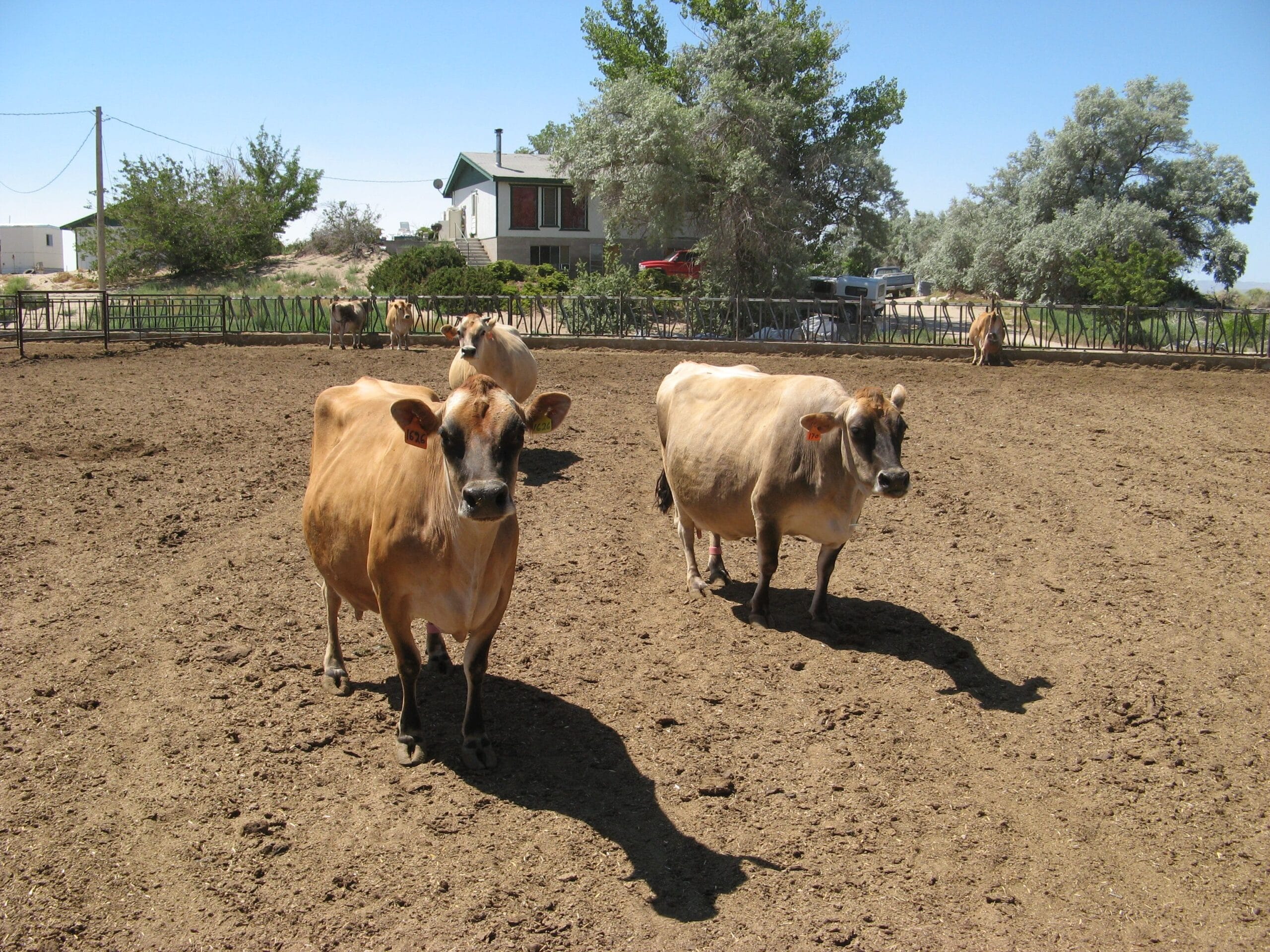The bustling live poultry markets in New York City, Westchester County, and Long Island came to an abrupt halt this week as authorities imposed a weeklong shutdown due to rising concerns over avian flu. The decision, described as a precautionary measure, comes in response to the detection of seven avian flu cases during regular inspections at various facilities. This action underscores the gravity with which health authorities and the state government are addressing the potential risks associated with the virus.
Governor Kathy Hochul, addressing the public, emphasized the lack of immediate danger to human health. However, the governor asserted that this temporary measure is a critical step in preventing further spread of the virus. “Protecting public health is our utmost priority,” Hochul stated, adding that the order is a necessary move given the circumstances.
The affected markets, estimated to number around 80 across the affected regions, play a prominent role in providing fresh poultry products to local communities. The sudden closure has prompted vendors to quickly comply by disposing of their stock or selling off remaining poultry. All closed facilities have been instructed to undergo thorough cleaning and disinfection processes. Following this, they will remain closed for an additional inspection before resuming operations.
A Nationwide Context of Avian Flu
The discovery of avian flu in New York City is not an isolated incident but reflects a broader challenge being confronted across the United States. The outbreak has led to the culling of millions of birds nationwide, particularly in agricultural hubs. As a result, there has been a noticeable impact on supply chains, contributing to rising egg prices and a shortage of various poultry products in recent months.
The virus, commonly referred to as “bird flu,” primarily targets avian species and is highly contagious among them. While rare, transmission to humans can occur through direct contact with infected birds or contaminated environments. To mitigate risks, all professionals engaging with live poultry have been urged to adhere strictly to safety protocols, wear protective gear, and practice diligent hygiene measures.
Stringent Safeguards Being Adopted Locally
Live poultry markets have historically been scrutinized for their potential to spread zoonotic diseases due to the close interaction between humans and live animals. With the avian flu scare, local health departments are leaving no stone unturned in ensuring compliance with biosecurity protocols. Temporary market closures like these often act as a buffer, allowing for the identification and neutralization of potential hotspots where viruses can thrive.
Bird owners in surrounding areas have also been urged to look for signs of illness in their poultry flocks and report any abnormalities to the authorities. Awareness campaigns targeting market workers and poultry sellers are actively being rolled out, focusing on ways to prevent future outbreaks. Animal welfare groups are also intensifying their monitoring efforts.
Historical Perspective and Immediate Implications
New York City has previously dealt with similar threats from zoonotic diseases, given its status as a global city with busy trade and exchange networks. The proactive steps taken in response to this avian flu scare harken back to lessons learned during past public health crises. These efforts reflect an ongoing balance between economic activities and the need to ensure safety in densely populated areas.
For now, it is too early to predict the long-term implications of this shutdown on the local poultry market or consumers. However, experts caution that vigilance will remain essential as the authorities aim to stay ahead of any emerging threats. The avian flu outbreak underscores the interconnectedness of public health, food supply systems, and market practices.
Governor Hochul has pledged her administration’s unwavering commitment to combating this outbreak through cooperation with local communities, public health officials, and market stakeholders.
As New York navigates this challenging phase, the focus remains on bolstering public confidence while paving the way for stringent food safety measures to ensure such interruptions are seldom necessary in the future.


